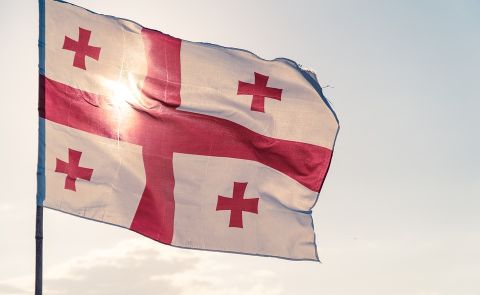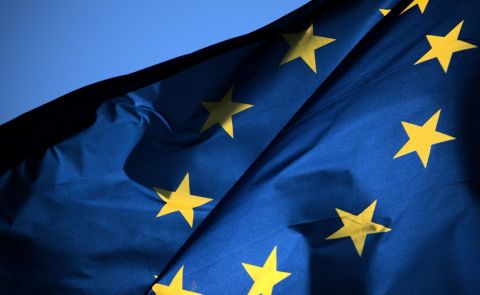
OSCE Secretary General in Armenia and Azerbaijan: In the War Zone
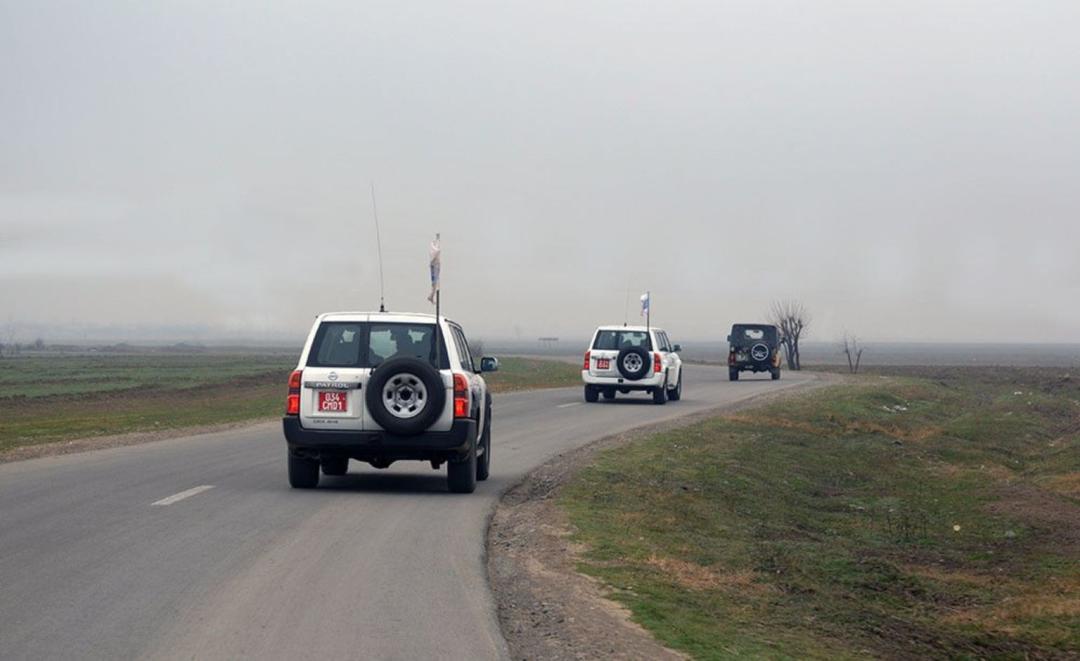
Secretary General of the Organization for Security and Cooperation in Europe (OSCE) Thomas Greminger will visit Azerbaijan on 12 September. During the visit, questions of cooperation between the OSCE and Azerbaijan, including the conflict with Armenia around the Nagorno-Karabakh region will be on the agenda.
The Secretary General arrived in Armenia on 4 September for a working visit. Speaking to Greminger, the Armenian Foreign Minister, Mnatsakanjan, mentioned the conditions of Armenia for progress in the negotiations on the conflict. The Foreign Minister said that for Armenia, determining the legal status of Nagorno-Karabakh and security issues plays a key role in the negotiations. He also said that creating an atmosphere of trust for the peaceful resolution of the conflict was very important. In this regard, the Armenian Foreign Minister considered the fulfillment of the previously reached agreements as priority, namely the end of the ceasefire violations and the military rhetoric.
Azerbaijan accuses Armenia of having put the negotiation process regarding the conflict resolution on hold. On the issue of "confidence-building measures", Azerbaijani officials say that confidence could only be restored by returning at least part of the Azerbaijani areas around Nagorno-Karabakh, which are also occupied by Armenia, and simultaneously improving economic relations between the two Caucasus republics. The legal status of Nagorno-Karabakh is considered a Gordian knot in the peace talks. The current peace solutions based on the so-called Madrid principles provide that this question should be decided many years later, technically at the end of the peace process, by a referendum involving the Armenian and Azerbaijani populations. Baku and Yerevan put forth conflicting pre-conditions. Azerbaijan, for example, tries to exclude even a hypothetical possibility of secession of Nagorno-Karabakh by such a referendum in advance. For its part, Armenia precludes any possibility that Nagorno-Karabakh may remain part of Azerbaijan. Baku promises the world's "highest" level of autonomy for the predominantly Armenian-populated region, provided it remains under international law a state territory of Azerbaijan. The Armenians of Nagorno-Karabakh, who after the forced displacement of the Azerbaijani people during the Armenian-Azerbaijani war in the 1990s, are virtually the only ethnic group in Nagorno-Karabakh, demand full independence.
It is noticeable that the OSCE Secretary General visited Armenia and Azerbaijan at intervals of one week. Because usually when officials travel to the region, these two countries are visited shortly after each other. The Azerbaijani political scientist, Arzu Naghiyev, does not rule out that Greminger could visit the occupied Azerbaijani territories during his visit to Armenia, with the official consent of Baku. "Maybe it will take a week to ensure Baku’s permission. In addition, a meeting is expected soon between Russian President Vladimir Putin and Armenian Prime Minister Nikol Paschinjan. It is quite possible that all these questions are interrelated", says the expert.
Since the "Velvet Revolution" in Armenia in the spring of this year, there have been no meetings between the new Armenian Prime Minister Paschinjan and Azerbaijani President Aliyev. Apparently, Baku and Yerevan are still waiting, as the domestic political situation in Armenia has not yet calmed down. The otherwise tense situation on the ceasefire line remained relatively peaceful in the summer months despite the sometimes gloomy expert predictions: In the summer of 2018, there were no major military conflicts in Nagorno-Karabakh.
Siehe auch

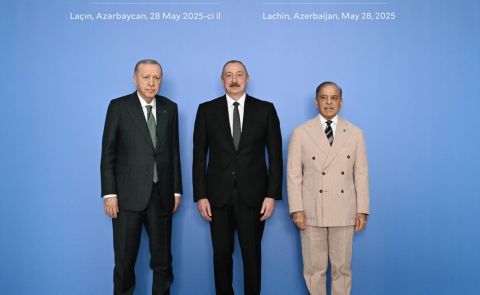
Aserbaidschan, die Türkei und Pakistan betonen auf dem Gipfeltreffen in Lachin ihre wachsende strategische Zusammenarbeit
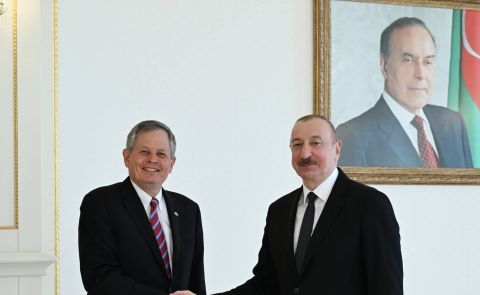
Ilham Alijew trifft US-Senator Steve Daines zur Erörterung der Stärkung der Beziehungen zwischen Aserbaidschan und den USA

Dmitry Volvach Reports 60% Growth in Azerbaijan-EAEU Trade Over Three Years
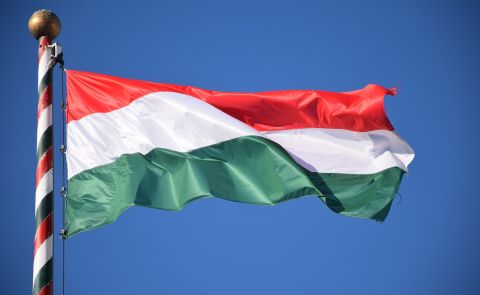
Ungarn besteht auf gleicher EU-Finanzierung für Armenien und Aserbaidschan
